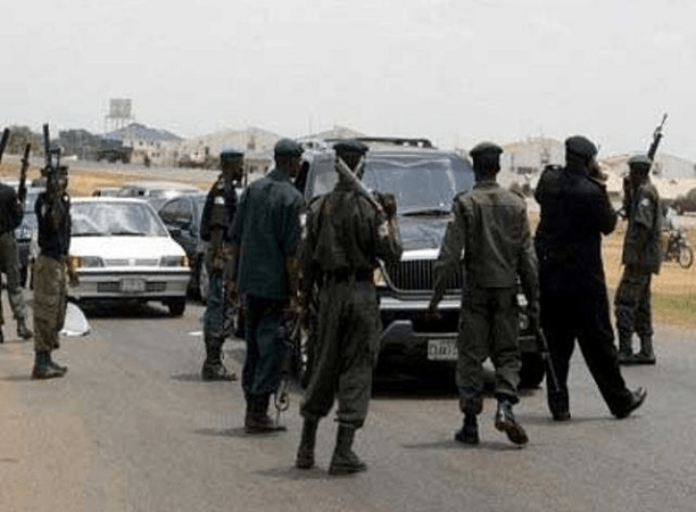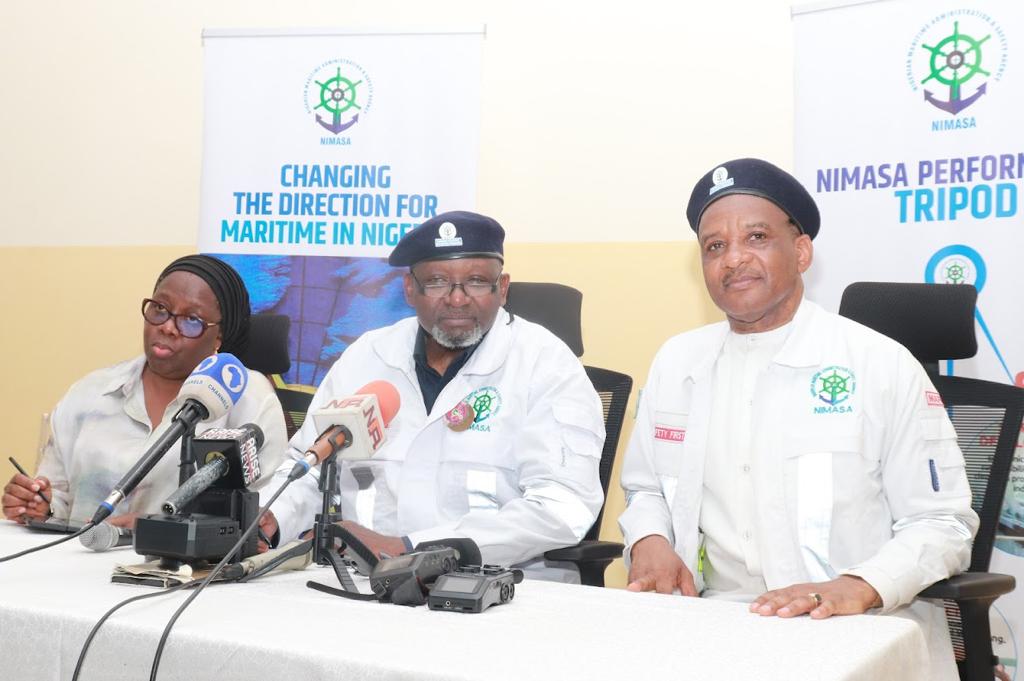Strong efforts are now being made by the leadership of Nigerian Maritime Administration and Safety Agency (NIMASA) to push Nigerian vessels involved in cabotage trade to 90% by 2017.
First move to actualize the new target, according to the agency is to acquire fast-moving sea-going platforms this year for its three zonal operations to up enforcement in cabotage trading.
Dakuku Peterside, the Director General of the agency gave the assurance in Port during his maiden interaction with the staff of Port Harcourt Port office of NIMASA.
It would be recalled that NIMASA’s zonal offices remain the backbone of the agency’s operations enforcing most of its regulatory functions and generating up to 80 per cent of the agency’s revenues. But most of them complained of inadequate empowerment to work more effectively, with the agencies lacking mobility vessels and vehicles.
Peterside said the management was working on leasing sea-going platforms from owners for the purpose of ensuring that enforcement of cabotage rules and other regulations in the country’s coast are effectively carried out by the zonal formations.
In his further submission, he said, “Cabotage Act can become useful through enforcement. By next year we want minimum of 90 per cent Nigerian vessels involved in our cabotage trade. In the next few weeks, we will provide sea-going platforms for enforcement. By October, we will have platforms for enforcement in all zones. We will lease fast moving vessels from owners and use them ourselves.
“This is not same as the contract past NIMASA management had with Global West Vessels Specialist Limited. On this issue let me stress again that I have been misinterpreted and misquoted by the media. We are not replicating the Global West model.
“In the next few months, you (the zones) will be semi-autonomous. You will be able to raise debit notes. You will initiate and finalise transactions here (at their various zonal head offices). Zones will control their resources and there will measures for measurement of performance.”
Responding to questions and comments at a stakeholders forum organised by the Eastern Operational Zone of NIMASA, Dakuku also maintained that the automation process which the agency had embarked upon would in the next few months make it possible for operators to make payments online in the convenience of the offices and obtain documents from online or zonal offices without having to come to the Apapa, Lagos headquarters of the agency.
“As we are, we cannot send our (Nigerian) seafarers to Ghana, Angola, or any other African country because we know that they will not be welcomed. There is no room for them, but this is not same for Nigeria. Foreign citizens are brought into our waters and they are there midstream on mother vessels without any enforcement officer getting to them,” Nwokolo said.









